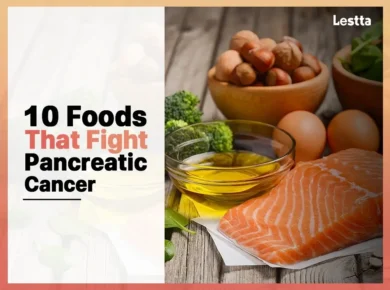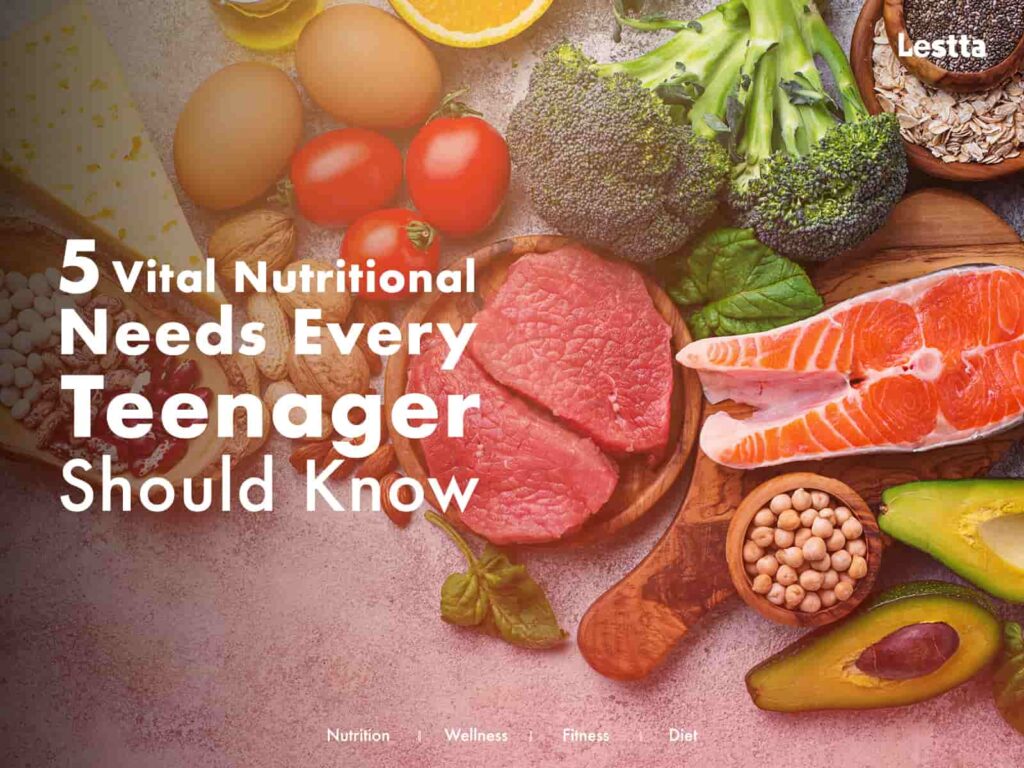
As teenagers undergo rapid physical and mental development, providing them with proper nutrition is crucial for their overall health and well-being. Meeting their vital nutritional needs during this critical phase ensures they have the necessary nutrients to support growth, cognitive function, and immune health.
In this article, we will explore five essential nutritional needs that every teenager should know to thrive during their adolescent years.
1. Balanced Diet for Optimal Growth
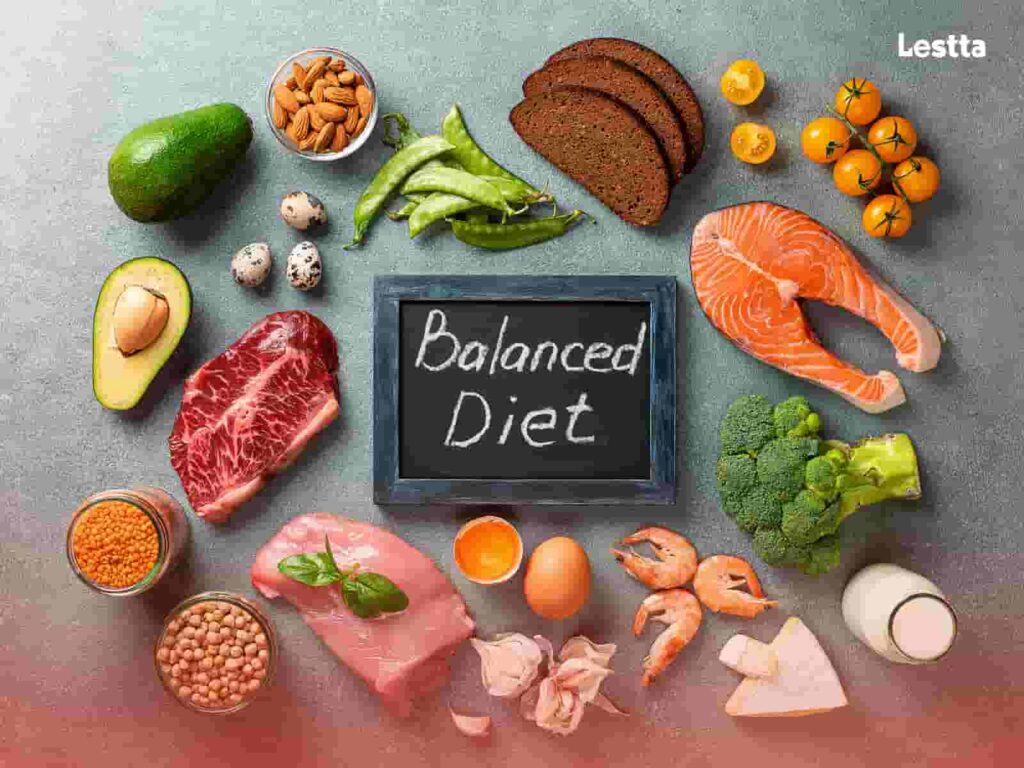
A balanced diet is the foundation of meeting vital nutritional needs for teenagers. It should include a variety of food groups, such as fruits, vegetables, whole grains, lean proteins, and healthy fats. Encourage your teen to have three balanced meals and two nutritious snacks daily.
This approach ensures they receive a wide array of essential vitamins and minerals, which are crucial for their growth and development.
2. Adequate Protein Intake
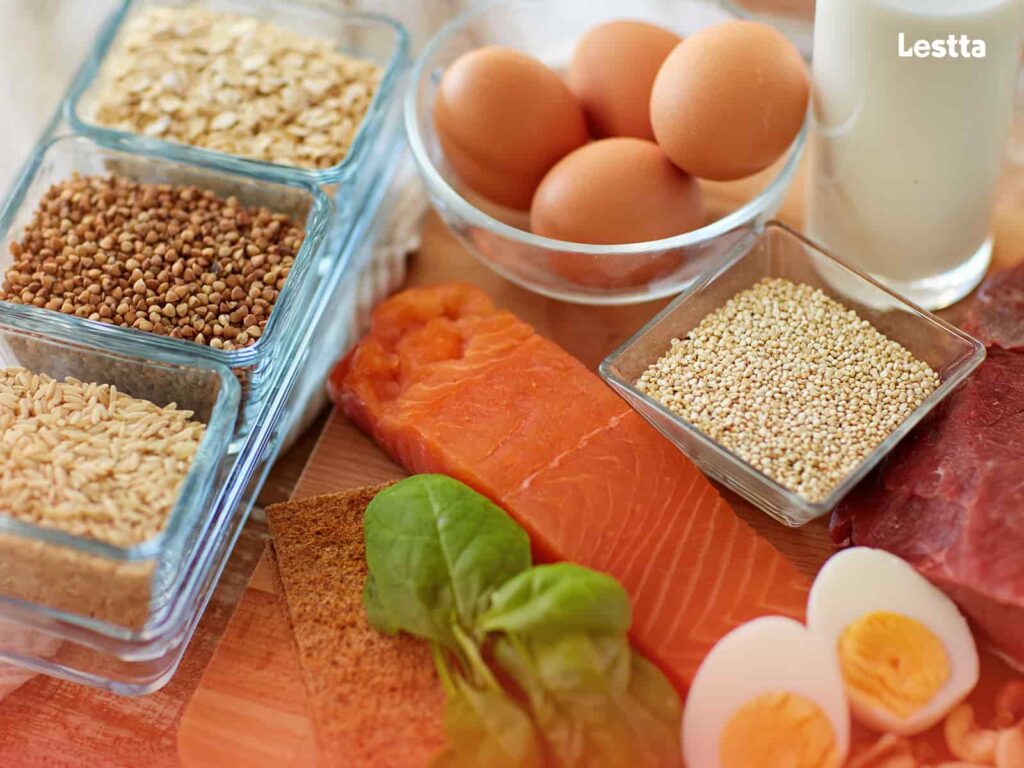
Protein plays a crucial role in supporting growth, muscle development, and tissue repair. During adolescence, teenagers experience growth spurts, making adequate protein intake essential. Sources of protein can include lean meats, poultry, fish, eggs, dairy products, legumes, and plant-based proteins like tofu and tempeh.
Including a variety of protein-rich foods in their diet helps ensure they receive the necessary amino acids for optimal development.
3. Calcium and Vitamin D for Bone Health
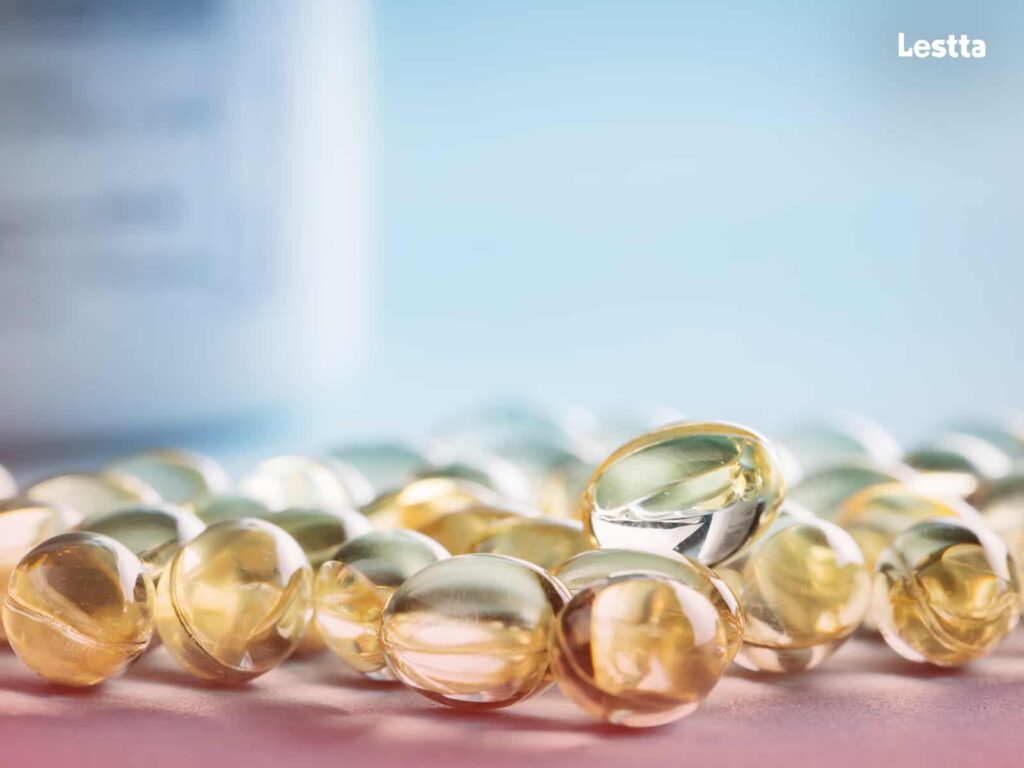
Building strong bones is vital during the teenage years, and calcium and vitamin D are two essential nutrients for bone health. Calcium-rich foods like dairy products, fortified plant-based milks, and leafy greens are essential additions to their diet.
Additionally, vitamin D, which aids in calcium absorption, can be obtained through safe sun exposure or from fortified foods and supplements. These nutrients work hand-in-hand to promote healthy bone development and reduce the risk of osteoporosis later in life.
4. Iron for Healthy Blood
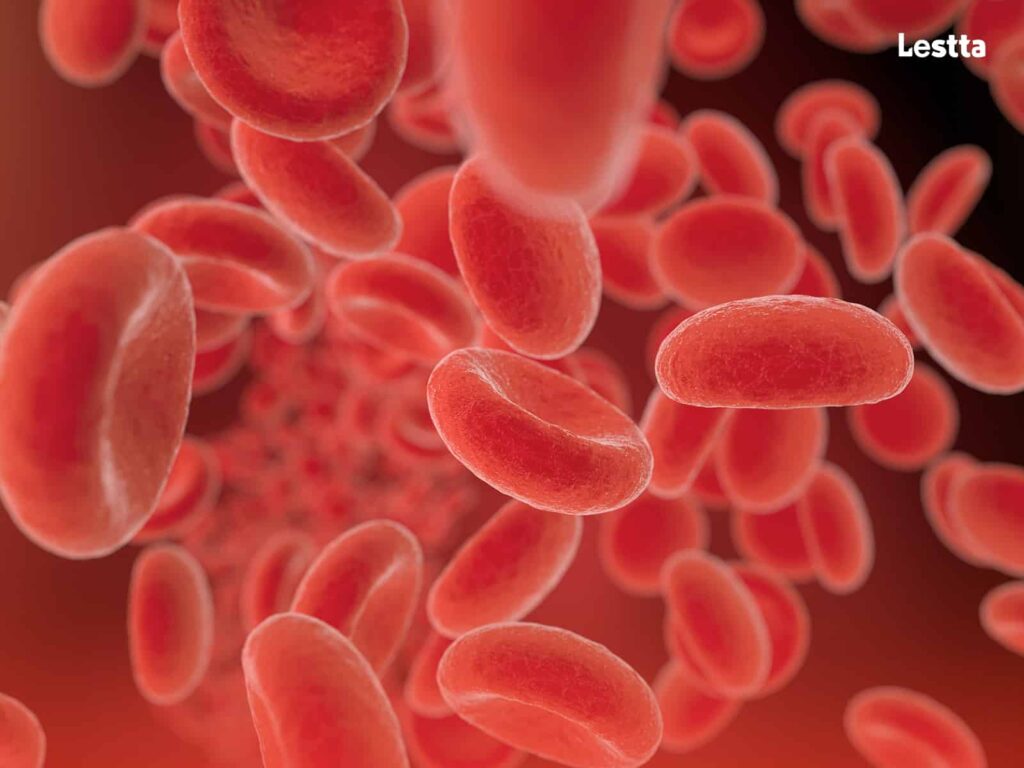
Iron is crucial for the formation of hemoglobin, a protein in red blood cells that carries oxygen throughout the body. During adolescence, teenagers experience increased blood volume, making iron an essential nutrient.
Encourage the consumption of iron-rich foods such as lean meats, beans, lentils, fortified cereals, and leafy greens. Pairing these foods with vitamin C-rich sources, like citrus fruits, enhances iron absorption.
5. Omega-3 Fatty Acids for Brain Health
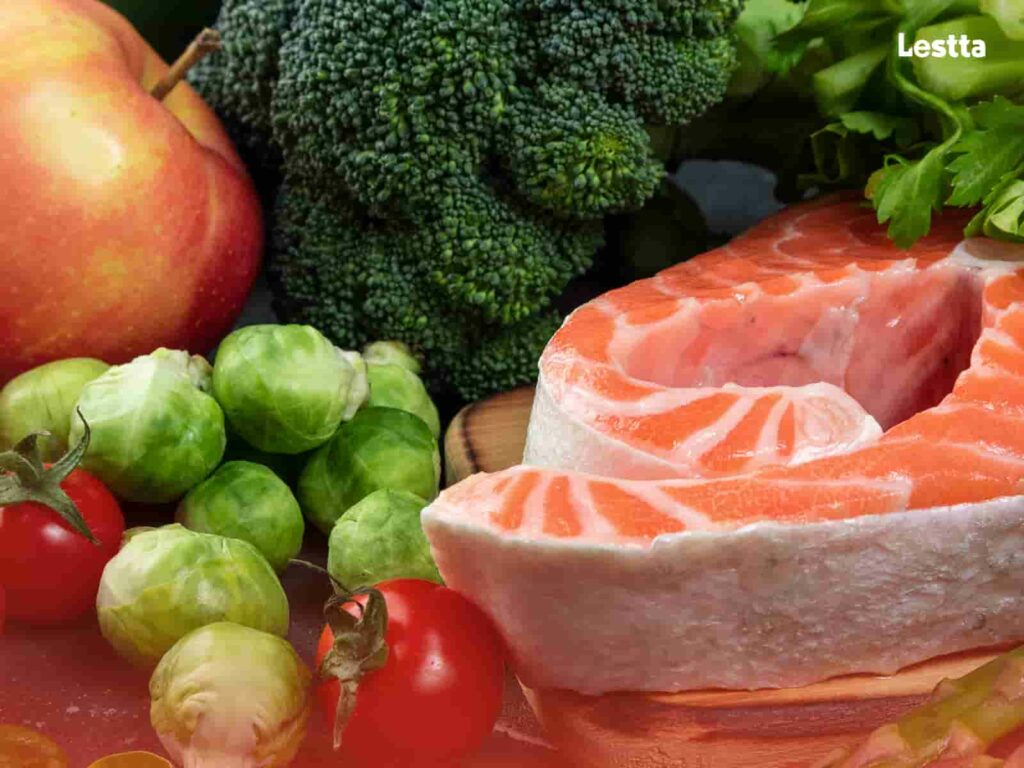
Omega-3 fatty acids, specifically DHA and EPA, are vital for brain health and cognitive function. These healthy fats are found in fatty fish like salmon, mackerel, and sardines. For vegetarians and vegans, plant-based sources of omega-3s, such as flaxseeds, chia seeds, and walnuts, can be included in the diet.
These fats support memory, concentration, and mood, which are especially important during the teenage years when academic demands are high.
Conclusion
During the teenage years, meeting vital nutritional needs is essential for optimal growth and development. Encourage your teenager to maintain a balanced diet with a variety of nutrient-rich foods. Adequate protein intake supports their rapid growth, while calcium and vitamin D ensure strong bones. Iron aids in healthy blood formation, and omega-3 fatty acids support brain health.
Promoting healthy eating habits during adolescence lays the foundation for a lifetime of good health. Encourage your teenager to make nutritious food choices and involve them in meal planning and preparation. Additionally, ensure they stay hydrated and engage in regular physical activity to complement their balanced diet.
